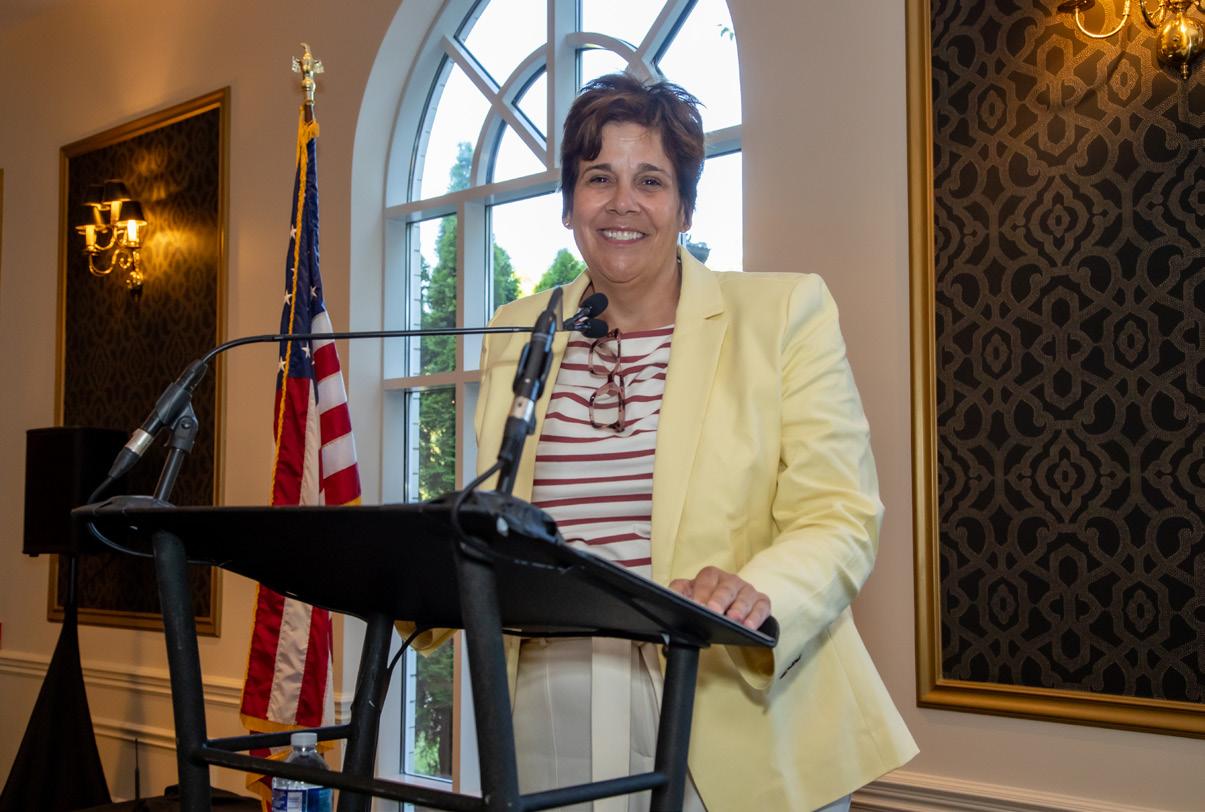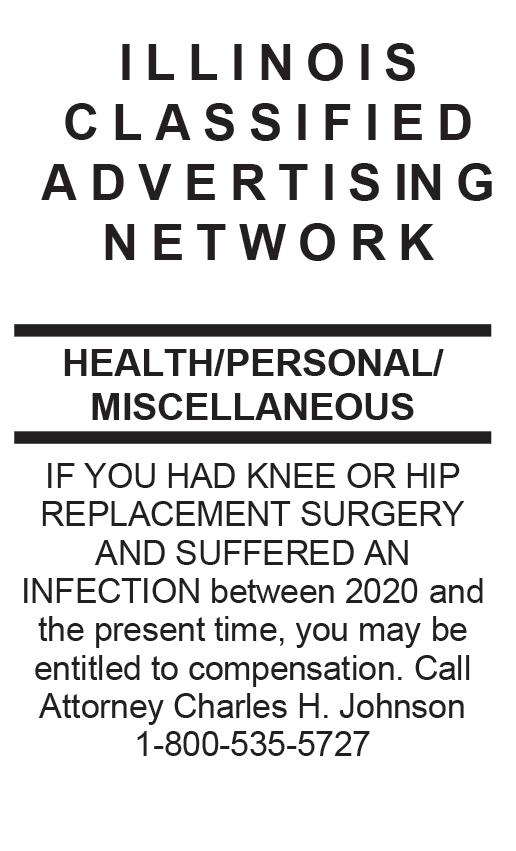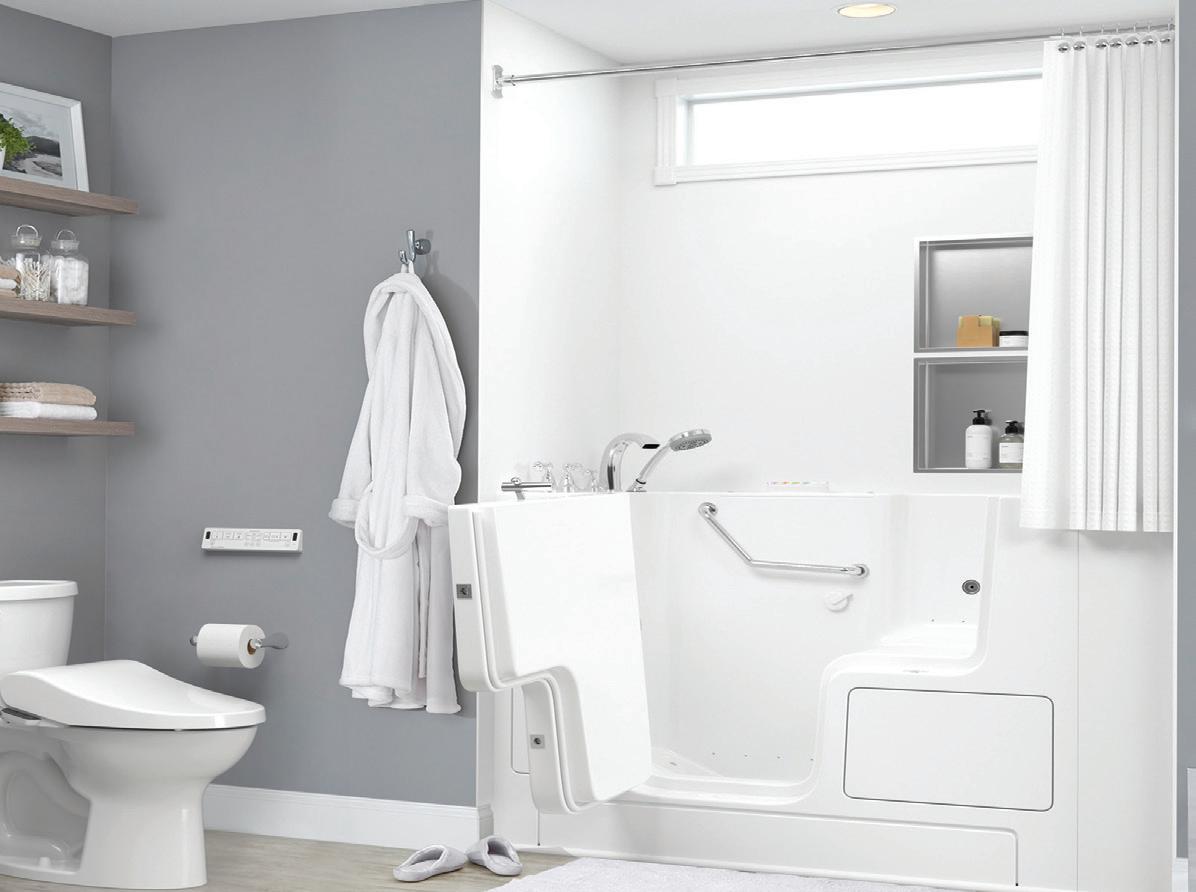

Deadly toll: Discarded fishing line harming wildlife
We’ve asked, we’ve urged, we’ve educated and now we are pleading with anglers who visit Forest Preserve fishing spots to please dispose of their fishing line in a way that won’t harm wildlife.
Too many birds are becoming entangled in improperly discarded fishing line, especially at Whalon Lake in Naperville and Hidden Lakes Trout Farm in Bolingbrook. Recently, a volunteer with Chicago Bird Collision Monitors(Opens in a new window) reported a worsening situation at those two lakes with numerous geese being injured and one possibly dying.
In an effort to publicize the issue in recent years, the Forest Preserve has written about and published photos of birds that have been killed by fishing line, including a heron, a pelican, a robin, an egret, a double-crested cormorant and geese. But the problem persists.



Photo by Glenn P. Knoblock, submitted by Forest Preserve District of Will County


Senator Seeks to Fast-Track Nuclear Energy Projects
In an effort to strengthen Illinois’ energy future and meet rising electricity demand, Illinois Senate Minority Deputy Leader Sue Rezin (R-Morris) has filed legislation to streamline the siting and permitting process for new small modular nuclear reactors (SMRs).
Senate Bill 2681, modeled after a new bipartisan law in Wisconsin, would require all applicable state agencies to take final action on a permit application for an SMR within 150 days of it being deemed complete.
If no action is taken within that timeframe, and no valid extension is granted, the application would be considered approved.
“Small modular reactors repre-
sent one of the most promising solutions to Illinois’ growing energy reliability challenges,” said Senator Rezin. “However, we won’t realize their full potential if critical projects are stuck in endless permitting delays.
My legislation ensures state agencies act in a timely manner so we can move forward with safe, clean nuclear energy.”
Under the bill, state agencies would be allowed one extension of up to 150 days for good cause.
After that, if no decision is made, the application will be automatically approved.
The bill explicitly states that it does not alter or preempt any federal safety regulations or rules.
Senator Rezin, a long-time advocate for nuclear power and a member of the Senate Energy and Public Utilities Committee, has filed multiple pieces of legislation, including lifting the state’s ban on new large nuclear reactors, to position Illinois as a national leader in next-generation nuclear technology.
“This bill sends a strong message that Illinois is open for innovation and serious about securing reliable, carbon-free power,” continued Senator Rezin. “If we want to keep jobs, attract new industry, and avoid future blackouts, we need to get serious about building safe, clean, and reliable nuclear energy again.”
Senate Bill 2681 now awaits assignment to a Senate committee.



Will County CED Selects County Executive as Board Chair
The Will County Center for Economic Development (CED) Board of Directors has selected Will County Executive Jennifer Bertino-Tarrant to serve as its Chair. As Chair, Bertino-Tarrant will lead the Board of Directors and Executive Committee in driving countywide efforts to expand economic opportunities, strengthen the local business environment, and attract new residents.
“This is an exciting time to be leading the CED Board, as we are in a historic period of economic and population growth,” said County Executive and CED Board Chair Bertino-Tarrant. “A dynamic economic development strategy is critical to continuing to attract good-paying jobs and strengthening quality-of-life in all our communities.
I look forward to working with this team of leaders to seek innovation and try new ideas to move Will County forward.”
Bertino-Tarrant is the first Will County CED Chair from the public sector, demonstrating an increased level of engagement between the CED and local governmental partners to accomplish regional economic development goals. Since taking office as Will County Executive in 2021, Bertino-Tarrant has prioritized collaboration between local governments and the CED to increase job opportunities for residents and to foster a welcoming environment for businesses of all sizes.
The selection comes as Will County continues to serve as a national and regional leader in economic development.
The county’s population is the fastest-growing in the state, recently surpassing 700,000 residents, and the county ranks first in statewide job creation and single-family home building. This coincides with a historic level of federal, state, and local

infrastructure investments being made in Illinois, promoting easier and safer access for both residents and commerce throughout the county and region.
“The Will County CED is excited to bring on Jennifer Bertino-Tarrant as Board Chair, after serving as our Vice Chair the past two years” said Doug Pryor, President and CEO. “She brings a strong vision, proven leadership, and a deep commitment to our mission. I look forward to working closely with her as we build on our momentum and advance opportunities for businesses and residents across Will County.” Bertino-Tarrant aims to work closely with local leaders to strengthen local economies throughout the county and support existing businesses. She also plans on shining a spotlight on Will County’s talent pool, which serves as one of its strongest economic assets.
This includes an increased focus on the CED’s youth develop-

ment opportunities to support the local workforce pipeline, such as the Internship Program, which helped provide more than 70 summer jobs for Will County high school students in 2025, and the countywide initiative to bring Dolly Parton’s Imagination Library to Will County to focus on early childhood education.
“Preparing the next generation is a key part of Will County’s economic success strategy,” added Bertino-Tarrant. “Whether it’s our high-quality school systems or strong higher education institutions, our ability to create long-term employment pipelines is one of our strongest selling points for attracting industries.”
Staying Healthy
Starts with UChicago Medicine
AdventHealth Medical Group
Plainfield Primary Care
Having a primary care provider is one of the best things you can do to protect your family’s health. This provider knows you and your medical history and can connect you to any health services you may need over time.
• Provides regular health screenings
• Helps keep you from getting sick
• Knows your medical history
• Ensures timely treatment for many conditions
• Manages your medications
• Helps you live a healthy lifestyle
• Serves as a trusted source for medical advice and care

Will County Executive Jennifer Bertino-Tarrant greets attendees at the Will County Center for Economic Development (CED) Eye-Opener Breakfast on June 26, 2025. Submitted Photo.
Surprising hidden costs of home ownership
A home is the most expensive purchase many people ever make. Buyers understand that certain costs come with home ownership.
However, some of the costs associated with home ownership can catch even the most savvy savers off-guard. And in recent years, those extra costs have been surging.
The following are some of the unexpected expenses that come with living the homeowner dream.
• Property taxes: Depending on where you live, property taxes can comprise a large portion of monthly expenses. Some people pay their property taxes separate from their mortgage payments. Others wrap the tax burden into their mortgage bill. Either way, Business Insider reports that New Jersey currently has the highest effective property tax rate in the United States, with a median Garden State property tax bill at $9,000 annually. The lowest property tax rate is found in Hawaii, and the average homeowner there pays only $2,000 in property
taxes annually. Zoocasa reports that annual property taxes in Canada can cost anywhere from $2,500 to $10,000 depending on the province’s property tax rate and average cost of homes.
• Home insurance: CNN Business reports that home insurance premiums have surged in recent years, in large part due to extreme weather. In the U.S., insurance rates jumped 11.3 percent nationally last year, according to S&P Global. Severe storms, including hurricanes and wildfires, cost homeowners insurance agencies nearly $101.3 billion last year, and those losses have been passed on to policy holders through higher prices.
• Mortgage insurance: Many people do not have the standard 20 percent down payment necessary to buy a home. To circumvent this, lenders will require borrowers to take out mortgage insurance, also called PMI, to offset their risk. Credit Karma says PMI depends on factors such as down payment and borrowers’ credit scores, but typically it’s


around 0.2 to 2 percent of the loan amount per year. You can remove PMI from your monthly payment once you have 20 percent equity in your home.
• Maintenance: Even a brand new home will require some measure of maintenance and routine upkeep. Bankrate indicates one of the biggest costs of owning a home is maintenance, coming in at roughly $3,018 a year and an additional $3,300 for improvements. Lawn care, home cleaning, pest prevention, replacing smoke alarms and batteries, roof repair, and clearing rain gutters are some of those costs.
Apart from these expenses, annual utility payments can be quite expensive. Utilizing utility plans that offer a fixed cost per month can help homeowners budget for utility expenses more readily.
Home ownership can be costly. Buyers would be wise to familiarize themselves with some of the hidden costs of owning a home prior to purchasing one of their own.



















